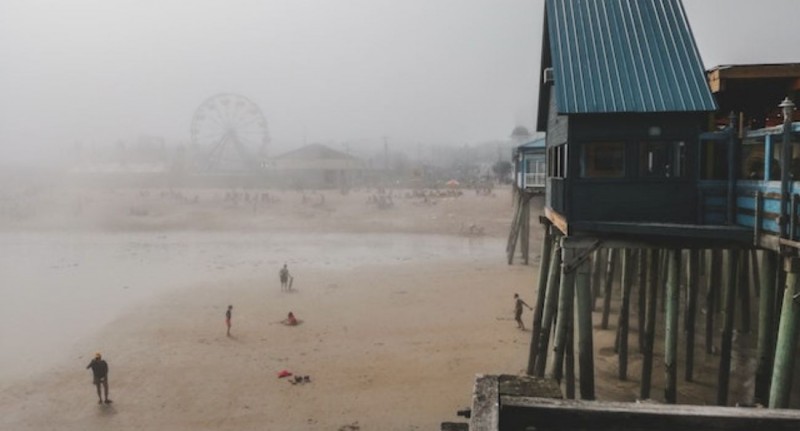Hurricanes are one of nature's most destructive forces. Every year, coastal areas are subject to these powerful storms that can wreak havoc on homes and families. While there is no way to avoid damage during a hurricane completely, there are steps you can take to help protect your home and minimize the risk of serious damage. Below, we'll share some tips on how to prepare your home for hurricane season.
1. Secure Outdoor Items
One of the first things you should do to prepare your home for a hurricane is to secure any loose outdoor items. This includes things like patio furniture, grills, and other lawn ornaments. Hurricanes can cause strong winds that can pick up these objects and send them crashing into your home or nearby buildings. To avoid this, tie down or store all loose outdoor items before a hurricane hits.
Additionally, you should trim any trees or shrubs around your home. Loose branches can be a major hazard during a hurricane, as they can break off and cause damage to your property. Trimming back these plants can help reduce the risk of storm-related damage.
2. Board Up Your Windows
Another important step in preparing your home for hurricane season is to board up your windows. This will help protect your windows from flying debris thrown by strong winds. You can purchase pre-cut plywood boards at most hardware stores or cut them yourself to fit your windows. Be sure to secure the boards with screws or nails, so they don't blow away during the storm.
You can also use canvas tarps as an alternative to plywood. Just be sure to secure the tarps with heavy-duty tape or straps, so they don't blow away.
3. Strap Your Roof Down
If your home has a roof that is not securely attached, it's important to take steps to secure it before hurricane season. Strong winds can cause the roof to lift off the home, leading to major damage. To help prevent this, you can strap your roof with special hurricane straps. These straps can be purchased at most hardware stores and should be installed by a professional.
4. Unplug Appliances and Electronics
Another important step in preparing for a hurricane is to unplug all appliances and electronics in your home. This includes things like refrigerators, freezers, televisions, and computers. Hurricane-force winds can cause power surges that can damage these devices. Additionally, you should disconnect any propane tanks or natural gas lines to avoid fires or explosions.
Unplugging electrical appliances and devices is also a good safety precaution in case of flooding. Water entering your home can pose a serious electrocution risk if these appliances are still plugged in.
5. Stock Up on Non-Perishable Food and Supplies
This is one of the most important steps in preparing for a hurricane. Once a hurricane hits, you may be without power or running water for several days. You'll need enough food and supplies to last until these services are restored.
Stock up on non-perishable food items that don't need to be cooked, such as canned goods, dry cereal, peanut butter, and crackers. You should also have plenty of bottled water on hand and other essentials like toilet paper, batteries, and first-aid supplies.
6. Have a Generator Ready
If you live in an area prone to hurricanes, investing in a generator is a good idea. This will give you power for essential items like refrigerators, freezers, and lights. Be sure to get a powerful generator to run all the appliances and devices you need.
You should also have a plan for where you will store the generator during the hurricane. It's important to keep it safe, so it doesn't get damaged by flying debris or high winds.
7. Have Insurance Coverage
If you live in an area prone to hurricanes, it's important to have adequate insurance coverage. This will help cover the cost of any damage caused by the storm. Also, carefully read your policy to know what is and isn't covered.
You should also consider purchasing flood insurance if you live in an area susceptible to flooding. This type of insurance is not typically included in standard homeowners' policies, so it's important to get it separately if needed.
Conclusion
Hurricane season can be stressful for those who live in hurricane-prone areas. But by taking some simple steps to prepare, you can help protect your home and belongings from the potentially devastating effects of these storms.
Also Read: Top 10 Websites Accepting Blog For The Home Decor Write For Us Category









